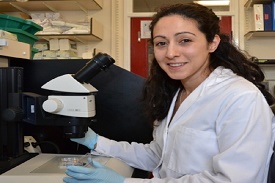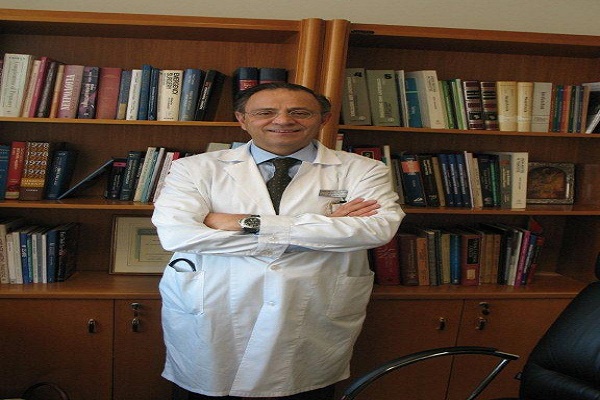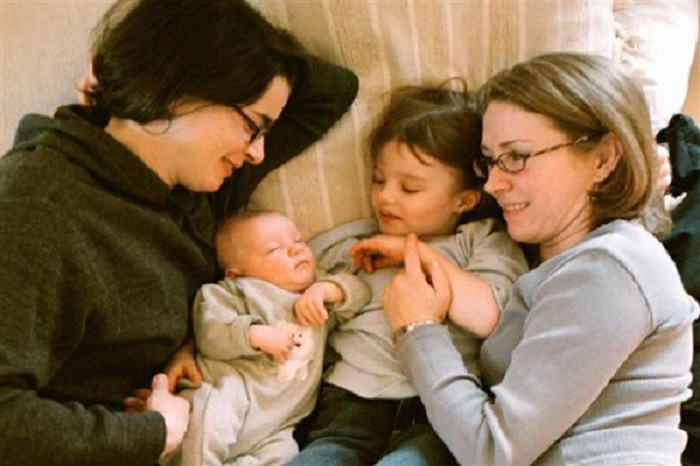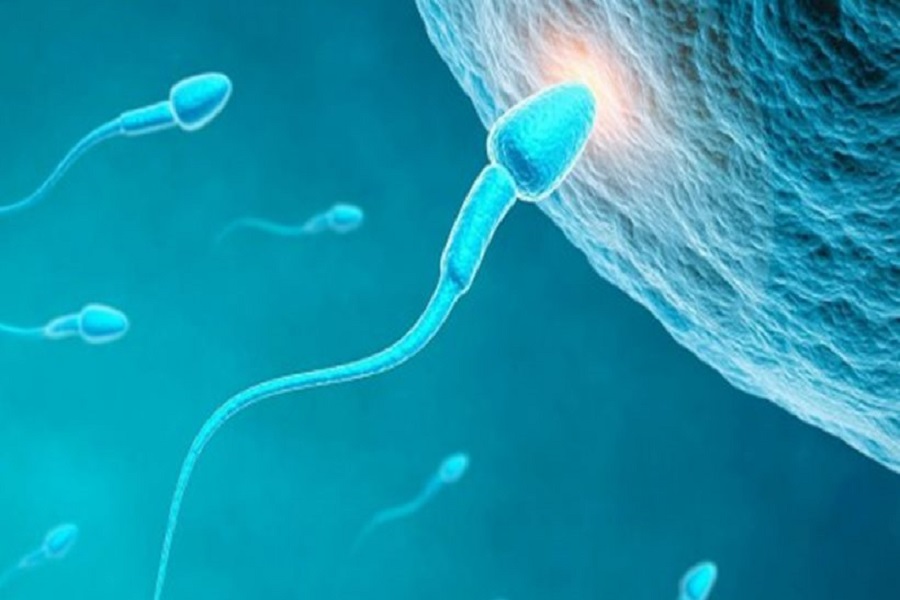News
UK scientists gain licence to edit genes in human embryos for research
Published on: 06/02/2016
 On February 1st, 2016, the UK Human Fertilisation and Embryology Authority (HFEA) has approved an application by developmental biologist Kathy Niakan, at the Francis Crick Institute in London, to use the genome-editing technique CRISPR–Cas9 in healthy human embryos. Niakan’s team is interested in early development, and it plans to alter genes that are active in the first few days after fertilization. The researchers will stop the experiments after seven days, after which the embryos will be destroyed. The genetic modifications could help researchers to develop treatments for infertility, but will not themselves form the basis of a therapy. This approval represents the world's first endorsement of such research by a national regulatory authority.
On February 1st, 2016, the UK Human Fertilisation and Embryology Authority (HFEA) has approved an application by developmental biologist Kathy Niakan, at the Francis Crick Institute in London, to use the genome-editing technique CRISPR–Cas9 in healthy human embryos. Niakan’s team is interested in early development, and it plans to alter genes that are active in the first few days after fertilization. The researchers will stop the experiments after seven days, after which the embryos will be destroyed. The genetic modifications could help researchers to develop treatments for infertility, but will not themselves form the basis of a therapy. This approval represents the world's first endorsement of such research by a national regulatory authority.Niakan’s team has already been granted a licence by the HFEA to conduct research using healthy human embryos donated by patients. But in September last year, the team announced that it had applied to conduct genome editing on these embryos — five months after researchers in China reported that they had used CRISPR–Cas9 to edit the genomes of non-viable human embryos, which sparked a debate about how or whether to draw the line on gene editing in human embryos.
At a press briefing last month, Niakan said that her team could begin experiments within “months” of the HFEA approving the application. Her team plans to end its test-tube experiments within a week of fertilization, when the fertilized egg has reached the blastocyst stage of development and contains up to 256 cells.
“I am delighted that the HFEA has approved Dr Niakan’s application,” said Crick director Paul Nurse in a statement. “Dr Niakan’s proposed research is important for understanding how a healthy human embryo develops and will enhance our understanding of IVF success rates, by looking at the very earliest stage of human development.”
A local research ethics board will now need to approve the research that Niakan’s team has planned. When approving Niakan's application, the HFEA said that no experiments could begin until such ethics approval was granted.
It remains illegal to alter the genomes of embryos used to conceive a child in the United Kingdom, but researchers say that the decision to allow embryo-editing research could inform the debate over gene-editing in embryos for therapeutic uses.
Source: http://www.nature.com/
- Published on: 28/06/2016
- Gov. John Bel Edwards has reversed course from his predecessor and agreed to create regulations governing surrogacy births in Louisiana. Read more
- Published on: 18/05/2016
- Experts point out that serious questions are raised regarding the birth of a child by an elderly woman Read more
- Published on: 18/05/2016
- A controversial geneticist, Severino Antinori, who became known for helping women over 60 years old to become pregnant, was arrested for stealing eggs from a patient. Read more






